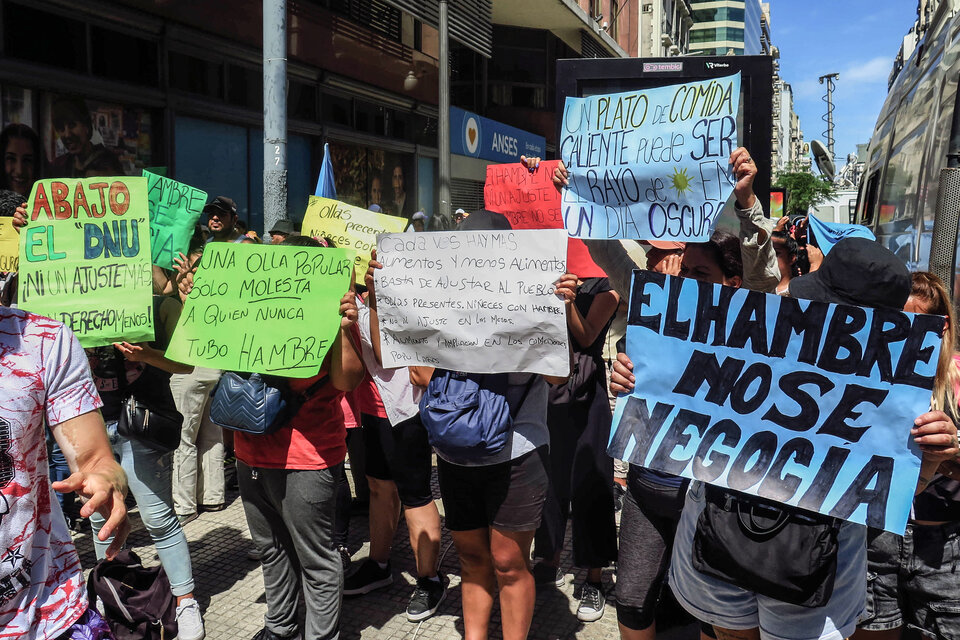
Published 02/22/2024 17:54 | Edited 02/23/2024 22:18
Argentine workers continue to mobilize against the setbacks of Javier Milei’s government. On Wednesday (21) the train service went through a 24-hour strike. This Thursday (22) it is the turn of health workers, organized by the Federation of Argentine Health Workers Associations (Fatsa), to go on strike for the same period in demand for better salary conditions.
The movement affects several areas of health care, preserving only emergency shifts.
NATIONAL STOP OF ACTIVITIES IN THE CARE SECTOR – THURSDAY 22 – 24 PM
Health workers UNITED say #SinSalarioNoHaySalud.
We started a Fight Plan for our salary recomposition. pic.twitter.com/7WvlpmnY0M
— FATSA (@SanidadArg) February 20, 2024
Read too: Argentina is on track to have the highest inflation in the world, says OECD
And these are not the only manifestations in the period. For next February 26th, the State Workers’ Association (ATE) is promoting a national strike together with the State Trade Union Front. The mobilization called by public employees aims to face the salary cuts and reforms imposed by the new government.
NOW!!
THE STATES ARE GOING TO STOP ON THE 26TH
To confront the planned cut in salaries and pensions, from ATE and within the framework of the Front of State Unions that we promote, we decided to call a new National Day of Struggle with strikes, assemblies and mobilizations… pic.twitter.com/qTqLcs1mNl
— Rodolfo Aguiar (@rodoaguiar) February 20, 2024
Second The globe, the spread of hunger in Argentina has alarmed the country, as salary growth of 8.9% in December was annihilated by inflation of 25% in the month. Thus, the situation of rising prices, with a particular increase in the prices of transport and public services, due to the severe fiscal measures imposed abruptly by the government, has caused poverty to reach a record high in Argentina.
Read too: Milei wants to cut union funds after defeat of the Bus Law
The Argentine newspaper Page 12 also highlights that, on Friday (23), at least twenty social organizations responsible for the network of community kitchens present in all provinces (states) will begin a plan of struggles with protests in more than 500 points across the country.
The initiative aims to denounce the government’s lack of response to the spread of hunger in the country. At the beginning of the month, in protest against the country’s Minister of Human Capital, Sandra Pettovello, protesters formed a long line that occupied more than 30 blocks in front of her office, which had said that it would “serve everyone who is hungry”. At the time she did not receive anyone.
Source: vermelho.org.br

